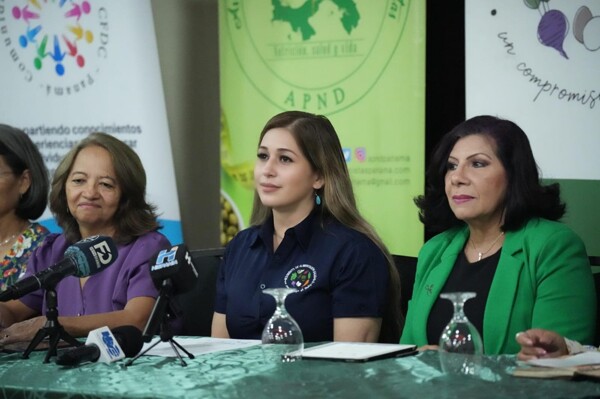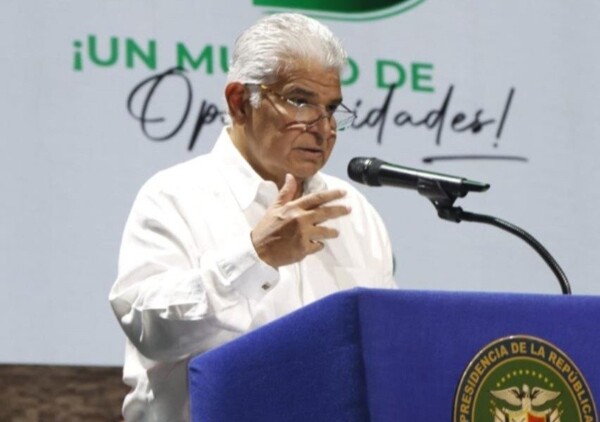The General University Council (CGU) of the University of Panama approved the rejection of any attempt to modify the Organic Law of the first higher education institution, except through the mechanism of a broad discussion among university stakeholders. The decision of the highest governing body of the Casa de Méndez Pereira comes in response to the discussion in the Education, Culture and Sports Commission of the National Assembly regarding bill 83, presented by Deputy Ernesto Cedeño, which seeks to establish the principle of no immediate re-election to the position of rector in the public universities of the country without the participation of the university community.
"Through a statement from the CGU, it is considered that the ‘spurious’ attempt to modify the university law, in blatant violation of the Constitution of the Republic, must be rejected as untimely, unconstitutional, and ominous," express the highest university authorities. "To pretend that a Bill, drafted completely behind the back of the university community, modifies our Organic Law, constitutes an existential threat to the nature, principles, and purposes of the University of Panama. This bill, developed contrary to what is stipulated in the Organic Law itself, is also a violation of the Rule of Law, which through our constitution and our Organic Law establishes a procedure that safeguards university autonomy as one of the principles of the Panamanian legal and democratic regime."
According to Law 24 of 2005, organic to the University of Panama, in numeral 3 of article 13, the General University Council has among its functions the "to prepare and submit to the university community, through a referendum, the draft Organic Law of the University of Panama and, once approved by this, present it to the corresponding instances." The CGU is a collegial entity responsible for issuing regulations, approving policies, and ensuring the proper functioning of the institution, according to the Organic Law of the University of Panama.
Likewise, the CGU emphasizes that the public universities of the Republic of Panama, and especially the University of Panama, have a recognized constitutional autonomy, meaning it derives from the constituent power, according to article 103 of the Political Constitution of the country. The members of the Education, Culture and Sports Commission appointed a subcommittee for a comprehensive analysis of bill 83.
Previously, the rector of the University of Panama, Dr. Eduardo Flores Castro, warned that this proposed regulation harms the principle of university autonomy, which guarantees the institution its self-regulation. Also, Flores Castro, who categorically reiterated that he does not seek any re-election to the rectorship of the first higher education institution, argued that in the region there are examples of prestigious Spanish-speaking universities where the possibility of immediate re-election is clearly and directly established.














